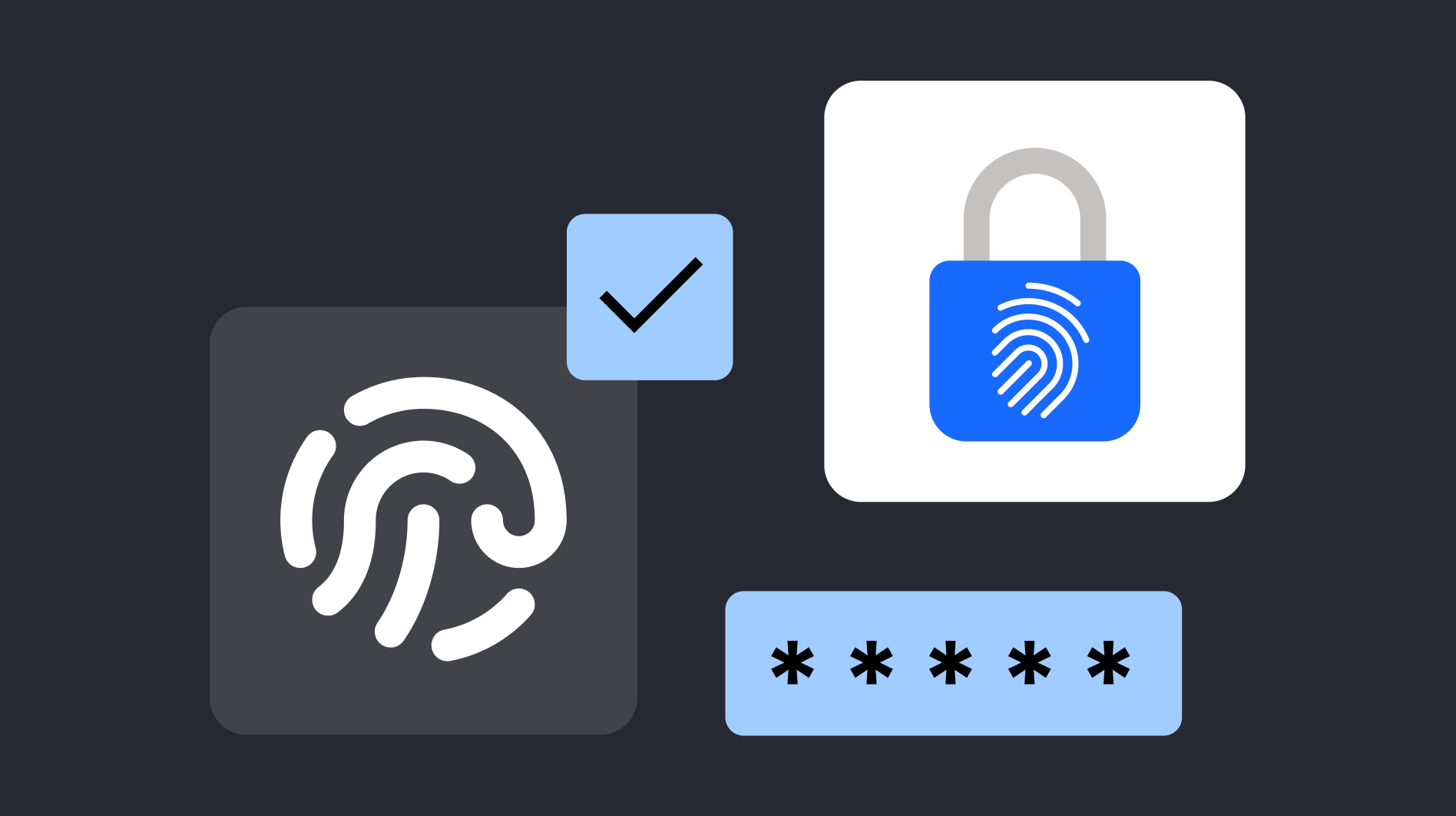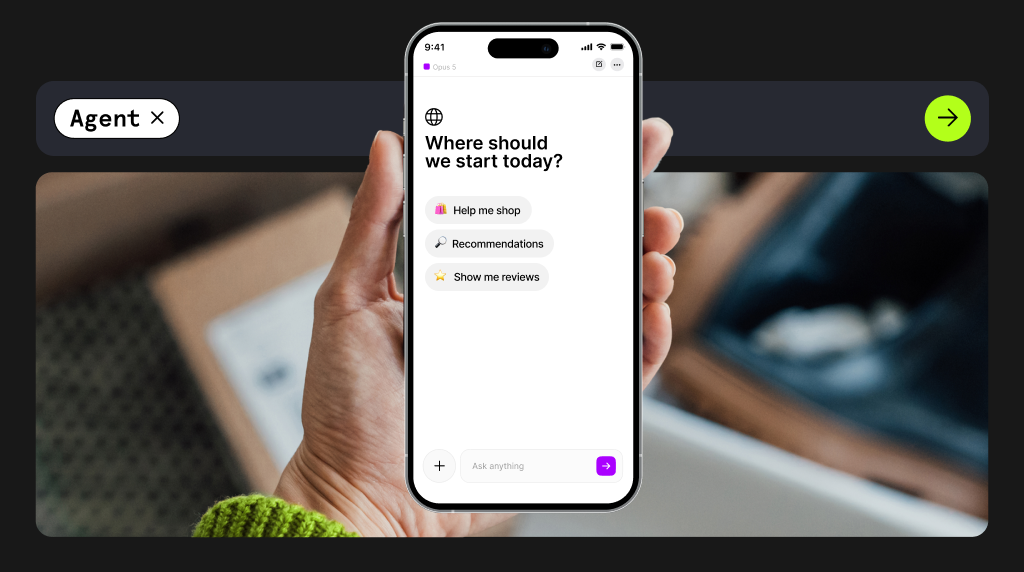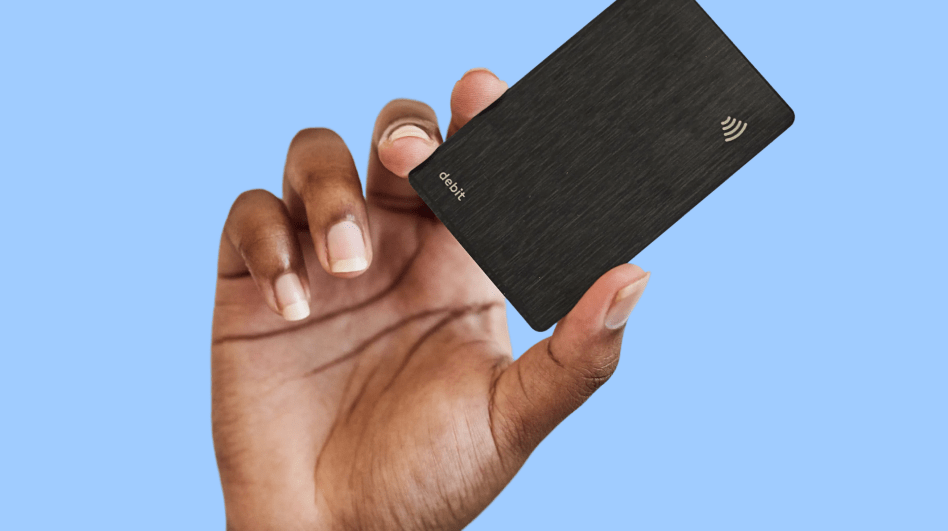Commerce has never been more global. Many of the previous barriers to international trade have been leveled by advanced payment technology, giving businesses access to a world of new customers and remote talent.
Making cross-border payments used to be a nightmare, so fraught with tedious data entry and hefty fees that it made even the most ambitious businesses think twice. Now, however, the emergence of global payment processing systems has made international trade infinitely easier and more cost-effective.
In this article, we explain global payment processing, why it’s important for merchants, how it works, and how Checkout.com can support your global ambitions.
What is global payment processing?
Global payment processing refers to any transfer of funds between your business and an entity - such as a contractor, employee, or supplier - whose bank account is located in a foreign country.
To put it in another way, global payment processing occurs when the issuing (customer’s) bank and the acquiring (merchant’s) bank are located in different countries from one another.
This could be in exchange for goods and services, or to pay fees or salaries.
What is a global payment processor?
A global payment processor is a platform that facilitates transactions between parties located in different countries.
Global payment processors act as intermediaries between foreign banks, relaying payment details to the issuing bank, which then approves the payment and transfers the funds to be settled in the recipient’s account in their domestic currency.
Global payment processors aim to make the process of cross-border transactions as cost-effective and as streamlined as possible for the sender. They achieve this in a number of ways, including by utilizing a range of payment methods, offering multiple currencies, grappling with regional regulatory differences, and partnering with multiple local acquirers.
Why accepting global payments is important
While ecommerce gives you the opportunity to trade with a global market, it also gives your potential customers and vendors much more choice over who they buy from or work with.
To be competitive and supercharge your growth, you can’t just confine your business to domestic opportunities, you need to go global. But to do so, you have to work with a global payments partner that helps you keep costs low and adapt to regional differences in laws, taxes, and consumer preferences.
How global payment processing works
Global payment processing involves essentially the same parties and stages as domestic payment processing but with some added complications.
The initial step is the same. The payer submits a payment request, which is submitted via the payment processor to the acquiring bank. It’s here that the process begins to differ from a local transaction.
What happens next depends on the processor’s acquiring partners. They could have just one acquiring partner in a single country, one partner in each country in which they trade, or multiple partners in each region.
In the first scenario, the processor has only one way to route the transaction. This means that there’s a relatively high chance that the payment will be declined by the issuer. Processors with multiple acquiring partners, however, can route the payment via the bank most likely to approve it, based on factors like the payment method, the currency, the location of the two parties, and the type of businesses involved.
Once the best route has been decided, the payment is approved and confirmed in the conventional way, and automatically converted to the recipient’s currency for transfer.
Why to use global payment processors
Global payment processors are specialists at cross-border payments, helping businesses to avoid much of the hassle, cost, and regulatory complication that can otherwise make international trade very difficult.
The key benefits of a global payment processor are:
- Saved costs - global payment processors maintain relationships with key parties in the payment chain and employ processes that allow you to make international transfers in the most cost-effective way
- Improved security - global payment processors utilize advanced security measures, including algorithm-based fraud detection and multi-factor authentication, which can prevent sensitive information from being stolen and exploited
- Saved time and resources - global payment processors automate currency conversion and reduce the administrative burden of transferring money across borders, while improving acceptance rates. This saves your finance team a lot of time that they can then spend on more important tasks
Is Checkout.com a global payment processor?
Yes, Checkout.com is a global payment processor. What’s more, our end-to-end solution acts as processor, acquirer and payment gateway, so that, when you want to send or receive money internationally, we’re responsible for the entire value chain of the transaction.
We leverage payment orchestration technology for faster and more accurate transactions, better acceptance rates, and access to granular data from across the entire transaction lifecycle that you can use to spot limitations and optimize your operations,
Find out more about global payment processing with Checkout.com or speak to a member of our sales team.





.png)






_How%20and%20why%20to%20launch%20a%20card%20program%20(1).png)



_Introducing%20Issuing.png)